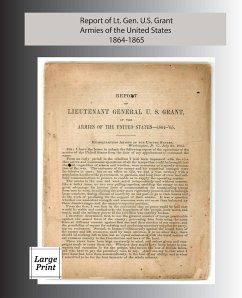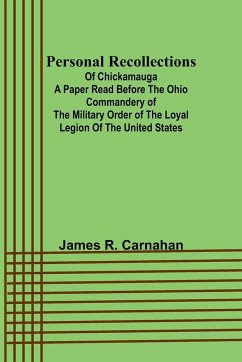
Instructions for the Government of Armies of the United States in the Field

PAYBACK Punkte
6 °P sammeln!
Foundations of the Laws of War Series. The Foundation of the Modern International Law of War. Known officially as General Orders No. 100, Lieber's code (1863) was the first of its kind. It served as the model for several European eff orts and was an important source for the second and fourth Hague Conventions (1899, 1907). It was an authority during the Nuremberg and Tokyo war crime trials. Its use by the framers of the 1998 Rome Treaty, which established the International Criminal Court, demonstrates its lasting value in our time. Indeed, with only a handful of modifications it is used by the...
Foundations of the Laws of War Series. The Foundation of the Modern International Law of War. Known officially as General Orders No. 100, Lieber's code (1863) was the first of its kind. It served as the model for several European eff orts and was an important source for the second and fourth Hague Conventions (1899, 1907). It was an authority during the Nuremberg and Tokyo war crime trials. Its use by the framers of the 1998 Rome Treaty, which established the International Criminal Court, demonstrates its lasting value in our time. Indeed, with only a handful of modifications it is used by the U.S. Military today. This edition, printed by the Adjutant General for use in the Spanish-American War, is unchanged from the original. It is enhanced by Prof. Sheppard's illuminating introductory essay and the addition of Lieber's Guerrilla Parties Considered with Reference to the Laws and Usages of War (1862), which contains several ideas that were used in the Code. Born and educated in Germany, Francis Lieber [1798-1872] was an important political philosopher and a distinguished professor at Columbia College and Columbia Law School who pioneered the study of political science in the United States. His works on constitutional law, international law, military law and political science remain influential. With a New Introduction by Steve Sheppard, William Enfield Professor of Law, University of Arkansas School of Law














